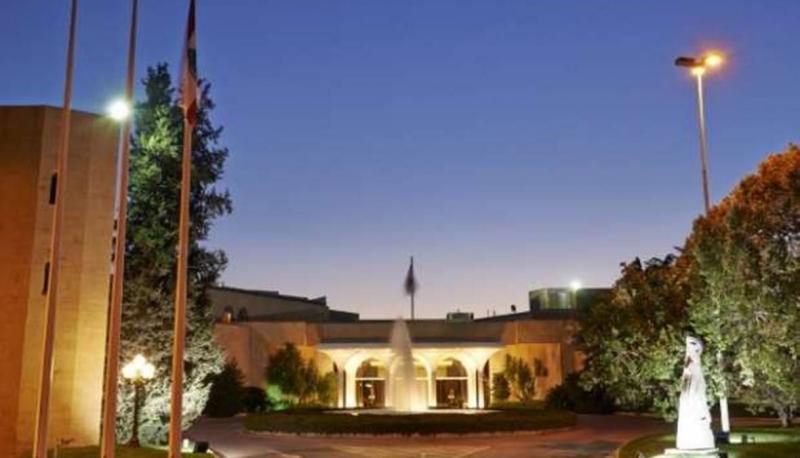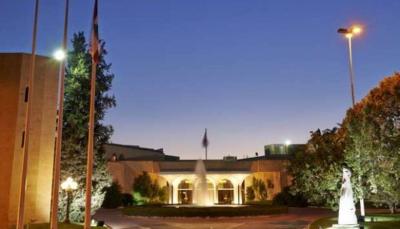The Qatari envoy Jassem bin Fahd Al Thani has been persistent in his meetings with parliamentary blocs and groups, seeking a formula that would garner the "majority" needed to convince the Shiite duo of the necessity to proceed with the third option, paving the way for discussions regarding names. Deputy Adib Abdel Masih, who is part of the "Renewal" bloc that met with the Qatari intermediary, stated in a comment to "Al-Lawaa" that the Qatari envoy proposed the third option, which the Renewal bloc does not oppose. However, he mentioned that its members asserted the need to convince the Shiite duo about this. He announced that the second phase would involve convincing this duo to concede their candidate after the opposition agreed to the third option. He noted that following this, discussions could move into the phase of names, although the Qatari envoy did not mention any specific names during the meeting.
In this context, political sources pointed out that no communication has been recorded between the French presidential envoy Yves Le Drian and any Lebanese official or politician since his last visit to Lebanon last month, despite the importance of maintaining communication for keeping the mission ongoing and to overcome difficulties in narrowing the gap among Lebanese parties. This is seen as crucial for reaching agreements that would eventually lead to the election of a president.
The sources considered the lack of communication between Le Drian and Lebanese parties as a negative indicator, reflecting the stagnation in the French presidential envoy's mission to resolve the presidential election crisis and the difficulty of conducting elections at this time. This is despite the ongoing series of meetings held by the currently present Qatari envoy in Lebanon with political officials and deputies to explore the real positions and attempt to formulate ideas and proposals that are acceptable to all parties.
The sources emphasized that the stagnation of internal political activity, the continuation of the existing division among various parties, and the inability of any party to propose a consensus initiative acceptable to others indicate the depth of the crisis currently afflicting Lebanon and the difficulty of resolving it in the near future. Meanwhile, the political sources expressed real concern about the potential for the entire Lebanese situation, including the presidential elections, to be swept into the ongoing regional disputes and conflicts, which has become increasingly recognized. This may be the sole reason for the deterioration of the political conditions and the obstruction of the presidential elections as evident, while fears are growing that Lebanon might have to pay a heavy price due to the ongoing changes in relationships between several Arab countries and Israel regarding the normalization of relations, similar to the costs incurred previously from peace agreements with it.




